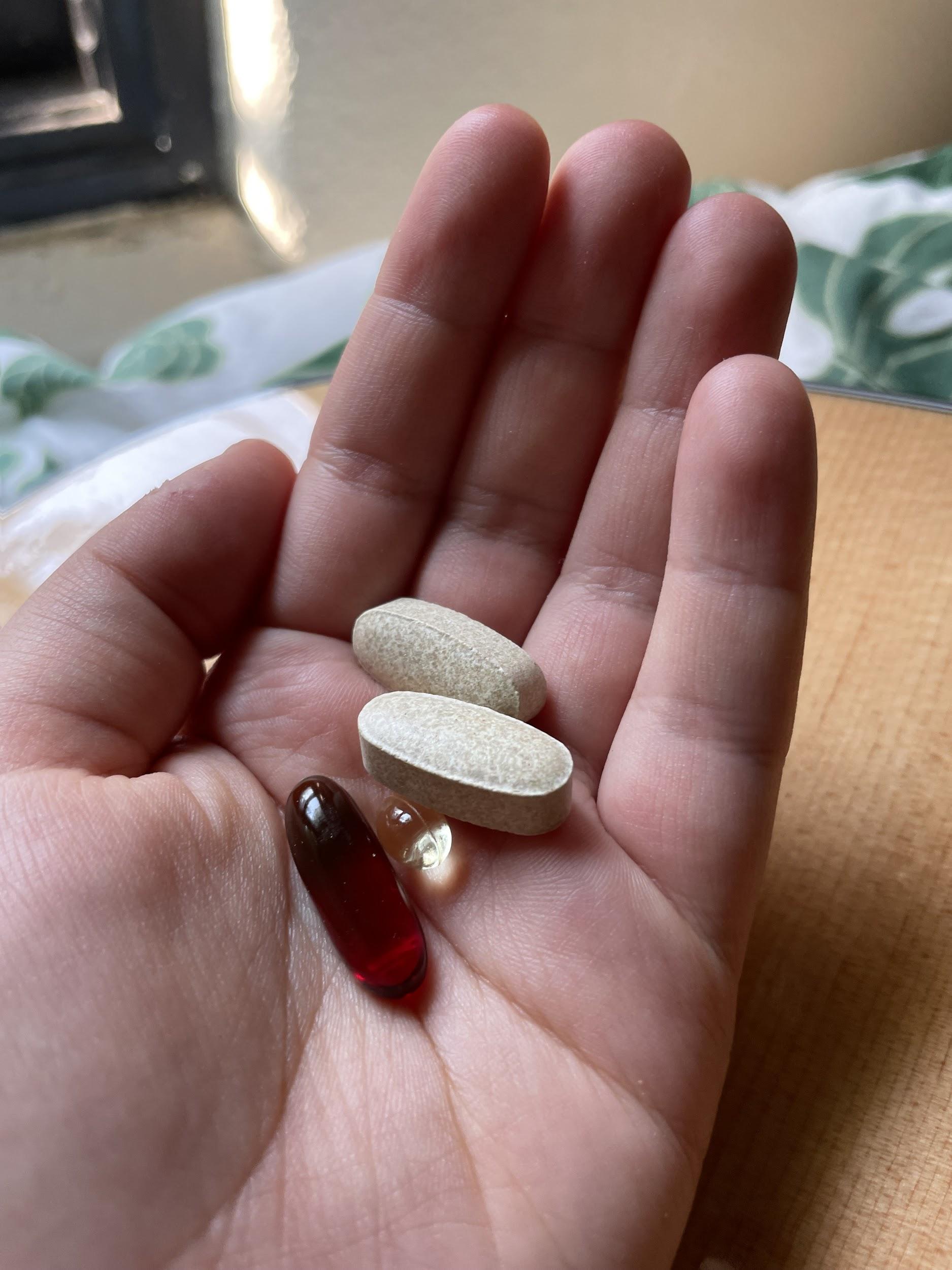
By Emma Pellegrini
Autoimmune disease, something that has gained more awareness in the COVID-19 era, can make life exceptionally difficult; the looks, the misdiagnosis, the perplexed doctors, too many appointments for even a calendar to be able to comfortably organize. Having autoimmune disorders is a long-winding path of uncertainty, confusion, isolation and attempting to overcome constant obstacles. There are times of joy, hardly taken for granted, but all that is wanted is a little understanding, compassion and the ability to tell our stories to the world.
When I was a child, at the age of four, I had a horrible case of strep throat that turned into scarlet fever. I know, it sounds like an episode of “Little House on the Prairie,” but apparently, scarlet fever is just an overactive immune response to strep resulting in a rash all over one’s body. The next day I immediately started experiencing a loss in fine motor function. I had what looked like seizures and tics. I also developed repetitive behaviors and OCD. This led me down a long path of misdiagnosis and therapies, but eventually, it was discovered that I had an immune response to the strep throat which — combined with undiagnosed Lyme disease I had as a younger child — caused my immune system to attack a part of my brain, specifically my basal ganglia. These conditions essentially caused a form of autoimmune encephalitis, or P.A.N.D.A.S. (Pediatric Autoimmune Neuropsychiatric Disorders Associated with Streptococcal Infections).
After years of treatment, I am left with anxiety and the capacity for an autoimmune flare-up at any moment. When exposed to a virus or bacteria, my immune system can either have difficulties fighting it off or else trigger my body to attack my brain again. Essentially, this means that my antibodies — which are supposed to help fight off harmful germs — rebelled and attacked my body. My Lyme disease was undiagnosed for many years and was later assumed to be from a tick bite. In addition, I also have a thyroid condition called Hashimoto’s Disease, where my body makes antibodies that end up attacking the cells in my thyroid.
When I was younger, I often spent eight to nine hours a week in waiting rooms of hospitals, doctor’s offices and therapists, always wondering the same thing: “What is wrong with me?” It wasn’t just the regular doctor’s appointments; I felt like having an autoimmune condition placed on me a responsibility to apologize and explain. You wonder if you should tell your new friends that you can’t stay out till nine, because you need to get to bed early in order for your brain to function without inflammation the next day. You have to build up a tolerance for all the pills you have to swallow. Even now, at college, I feel a certain level of embarrassment for leaving events early to sleep and saying the words “gluten-free” and “dairy-free” in front of friends. I struggle with feeling that I am a burden.
The unspoken experiences and revelations of an autoimmune compromised perspective make me feel like a walking taboo. If I talk about it I am to be pitied, but if I don’t, I feel as if I am denying a significant part of who I am, a part that I have unfairly designated as shameful. I feel the label of “shameful” often self-consciously plastered on my forehead, because of a lack of understanding concerning my individual experiences. It’s a painful experience to feel so alone around so many people. Isolation in social situations has always been a struggle for me, but it has been especially relevant during COVID. Because of my autoimmune conditions, I still choose to wear my mask indoors, while most have left their masks behind at restaurants and group hangouts. Never has a life-saving material felt more like a form of isolation than protection.
My residual autoimmune issues are a terrifying constant of my everyday life, an inevitable hijacker of my routine. The struggle of never knowing when, where or how something will be triggered is always a nagging presence in the back of my mind. I structure my day around routines,a rigidity that feels safe because it allows me to hold onto the thought that for once, I might be able to control it if everything goes right. I live a life that is a mixture of isolation, self-consciousness, happiness, too many pills, rigidity, sadness, pressure, joy and curiosity. There are too many days when I am overwhelmed and wonder what my life would be like without my autoimmune conditions. But I can’t, because for good or for ill, I’ve been compromised for far too long to know what life is like on the other side.
Autoimmune conditions are often an impediment to joy, and that it is a significant challenge. What’s harder are the misunderstandings and mystery surrounding autoimmune disorders. I may not be able to speak for everyone in the immunocompromised community, but I can speak for myself when I say that I hope for there to be more discussion surrounding autoimmune issues. Discussion will make us feel less hidden, and the more that the struggles of the immunocompromised community are talked about, the more we will begin to feel empowered and less of a social stigma.
